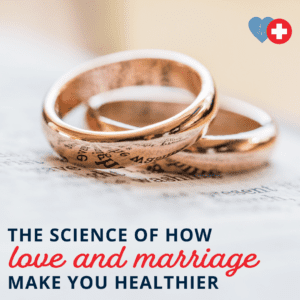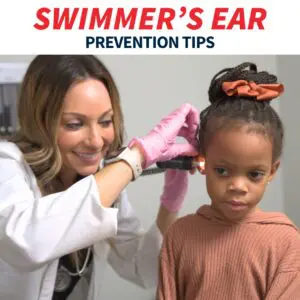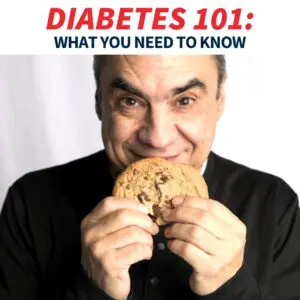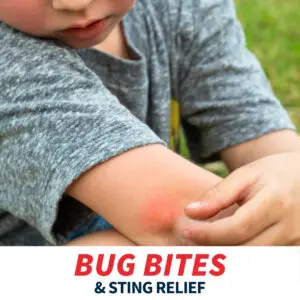The Science of How Love and Marriage Make you Healthier
 Matters of the heart, the ones that give us those warm fuzzy feelings, seem unrelated to the cold, hard facts that make up the field of science. However, the two are linked when it comes to how love affects a person’s health.
Matters of the heart, the ones that give us those warm fuzzy feelings, seem unrelated to the cold, hard facts that make up the field of science. However, the two are linked when it comes to how love affects a person’s health.
Countless studies on love have been conducted, testing everything from the hormones that are released during different phases of love, to the parts of our brains activated when looking at someone we hold dear, to why married people tend to live longer than those who are single. Here we take a look at how love and marriage can have a positive impact on our overall health.
The inside scoop on love’s effect on the brain
Humans are hard-wired for connection. When we experience romantic love, it causes specific chemical reactions in our brains. According to a team of researchers at Rutgers, human romantic love can be broken down into 3 categories: lust, attraction and attachment.
1. Lust
Lust is driven by the desire to reproduce and, like all types of love, it causes chemical reactions in the hypothalamus. Located at the base of the brain, the hypothalamus serves many functions, one of which is stimulating or inhibiting the body’s key processes. The production of the hormones testosterone and estrogen are triggered in both males and females when they feel lust. Lust also appears to turn off the prefrontal cortex, which regulates our critical thinking, self-awareness and rational behavior. Essentially, lust can make us do not-so-smart things — something we can all probably relate to
2. Attraction
During attraction, the hypothalamus causes high levels of dopamine, commonly known as the feel-good hormone, and norepinephrine to be released while reducing serotonin, a hormone involved in regulating appetite and mood. It is theorized that this combination of hormones causes the “lovesick” feeling of infatuation.
In one study, people were shown a picture of someone they were deeply attracted to while brain scans were done. These scans showed the primary reward centers of the brain, the ventral tegmental area and the caudate nucleus, were ignited as the participants looked at the pictures.
3. Attachment
The final category of love is attachment. This type of love factors into all types of long-term relationships, not just romantic ones. Several intimacies are facilitated by the chemical reactions of attachment such as friendships, parent-infant bonding and social cordiality. During attachment, the primary hormones released by the hypothalamus are oxytocin, nicknamed the “cuddle hormone,” and vasopressin. These hormones help us bond with others and form social connections.
Love makes us happier
With all these positive hormones being released and reward centers of the brain being triggered, people in loving, secure relationships tend to feel a greater sense of happiness. Dopamine and oxytocin can cause the stress hormones cortisol and adrenaline to lower, thus improving blood pressure and heart rate. Simply being in the presence of a loved one can mitigate loneliness, an emotion that can increase inflammation and activate pain centers. Close personal relationships, both romantic and platonic, are also linked to improved immune function.
Partners help each other live longer
Outside of chemical reactions that make us feel good, there are immense health benefits of loving and being loved. Multiple studies have shown that having a long-term partner who cares deeply for you comes with additional perks that result in increased longevity.
This is because long-term partners tend to:
- Encourage and hold each other accountable to maintaining a healthy lifestyle and positive behaviors
- Notice signs of illness an individual might brush off such as abnormal bruising, suspicious moles or persistent health problems
- Be supportive in a health crisis, resulting in higher survival rates and shorter hospital stays
There’s hope for single people as well though, as all close social connections have similar longevity benefits.
Whether you’re feeling lovesick or lonely, providers at Midwest Express Clinic are here to help. We believe everyone deserves access to reliable, affordable healthcare in a comfortable and empathetic environment. Check in online at one of our convenient northwest Indiana or Chicagoland area locations.




